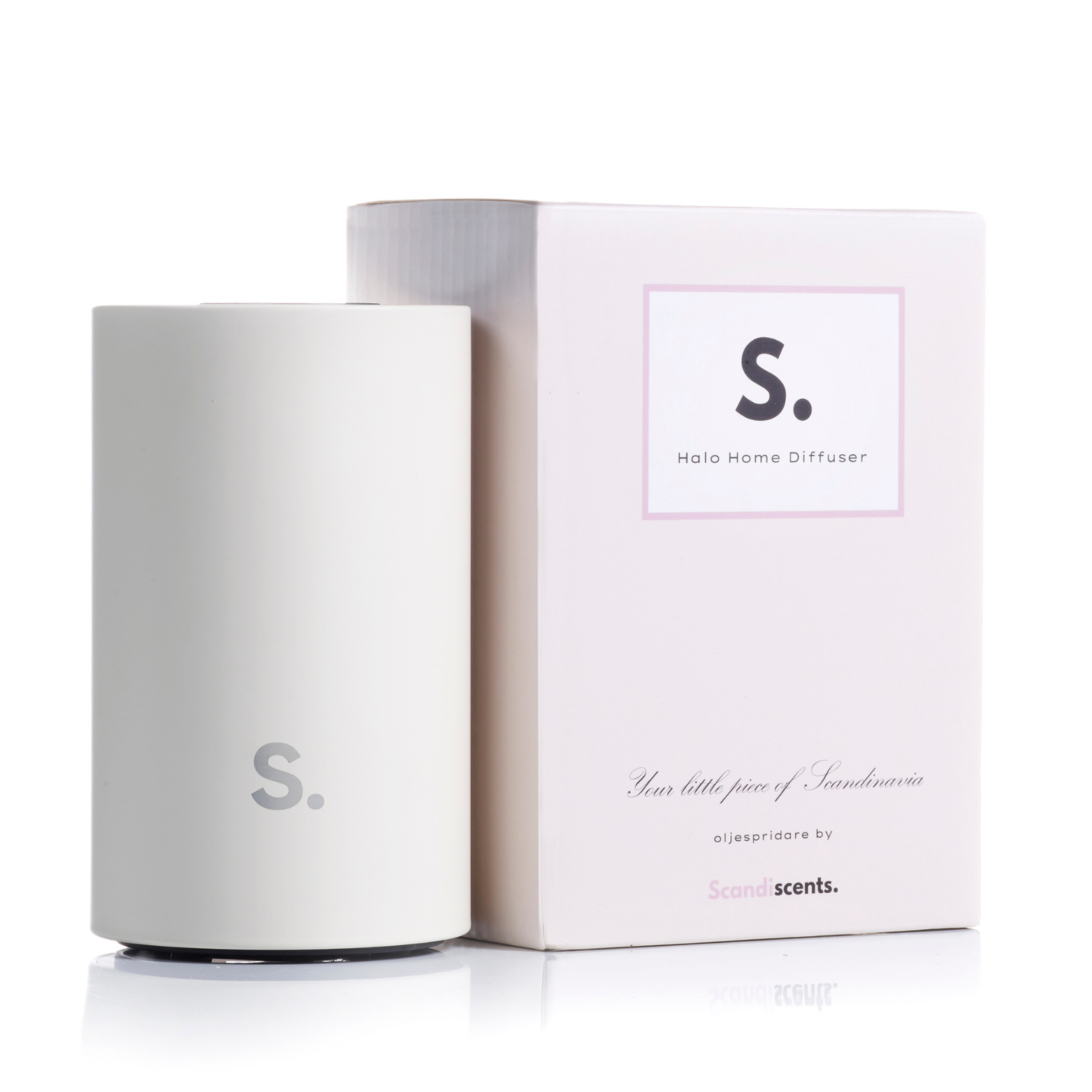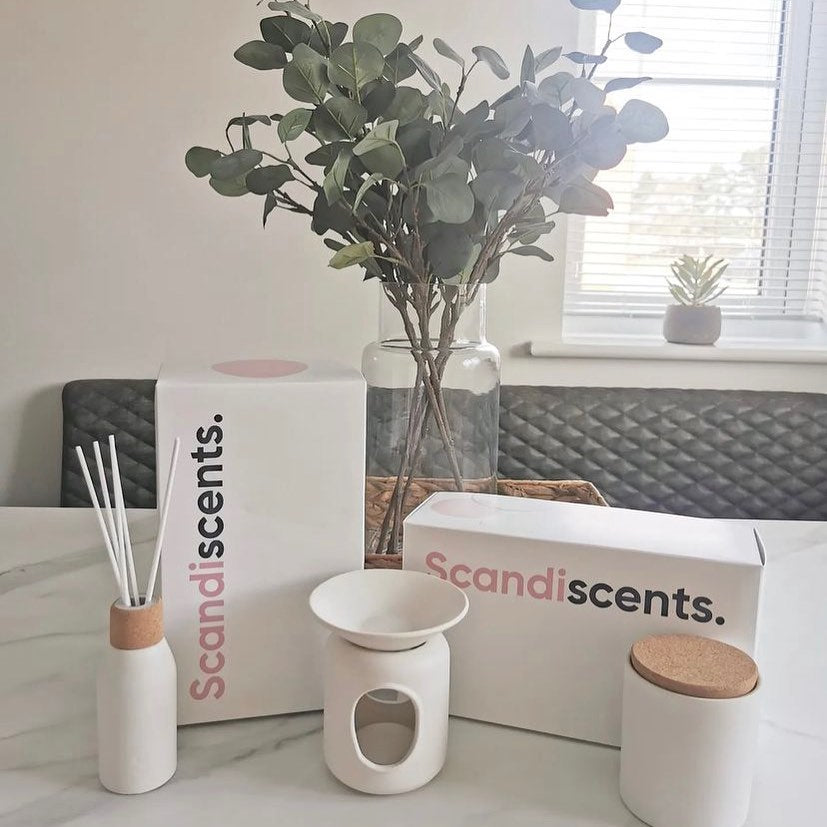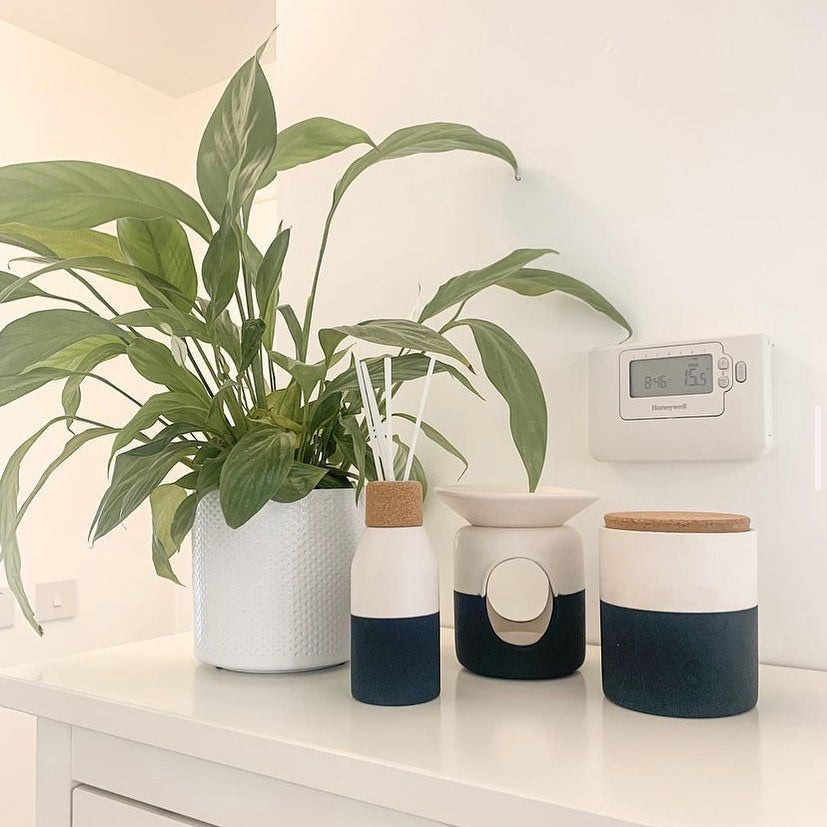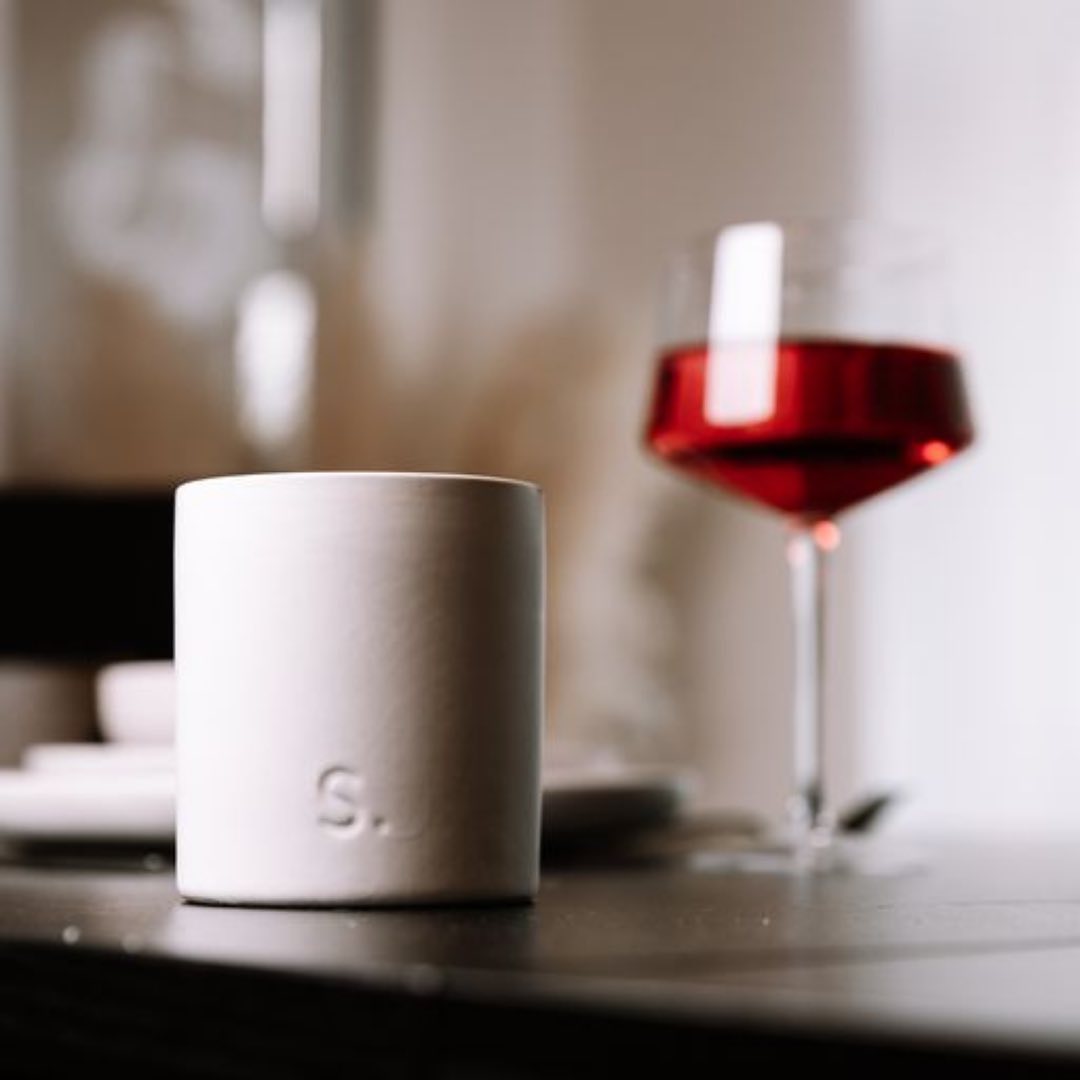Few people instantly think of smell when they think about sleep and its connection to the senses. Because of the apparent ways that light, loudness, and comfort may affect sleep, sight, sound, and touch usually get greater attention.
While it may not be immediately obvious, fragrance has a direct impact on sleep. Despite the fact that odours seldom cause people to wake up, the sense of smell and sleep have a complex interaction.
Aromatherapy with various fragrances can help you sleep better, wake up easier, and even affect dreams and memory development while you sleep. Circadian rhythms, which are a part of your biological clock, assist with regulating sleep and have an impact on your sense of smell.
The relationship between fragrance and sleep is still being researched, but understanding what has been learned so far can help you create a better sleeping environment in your bedroom.
How Does Smell Perception Work?
The olfactory system is a complex system that includes your sense of smell. Olfactory neurons are special cells in the nose that receive chemical signals from all types of chemicals in our surroundings. Because these neurons are directly related to the brain, they may be used to quickly identify odours based on which neurons are triggered.
Scents can enter the brain via the nose or the back of the throat, which explains why taste and smell are so closely linked. Other nerve terminals in the body can also contribute to smell via the common chemical sense, which aids in the detection of unpleasant substances.
What Smells Can Help You Sleep?
Certain scents may help you sleep better due to the power of your sense of smell. Some smells encourage relaxation, making it easier to fall asleep and wake up feeling refreshed.
Smells can elicit psychological and physiological reactions in addition to being recognized and identified. You're experiencing the different consequences of your sense of smell when a nice fragrance relaxes you or a bad smell makes you sick. Scents can form part of emotional memory, allowing you to recreate particular responses to odours in the future.
Some fragrances are, predictably, connected with a more welcoming bedroom setting. According to the National Sleep Foundation's 2012 Bedroom Poll, 78% of participants said they were more pleased to go to bed when their sheets smelled fresh, and 71% said they slept better with fresh sheets.
However, sheets are only one source of bedtime odours, and there is evidence that using aromatherapy to introduce additional aromas into the bedroom might help you sleep better.
Aromatherapy
Aromatherapy is the use of plant scents to improve many areas of health. Aromatherapy is focused on the use of essential oils, which are liquids formed from components taken from plants such as flowers or herbs, and dates back to ancient Egypt.
Aromatherapy Oils
Essential oils may be utilized for aromatherapy in three different ways:
• The indirect inhalation approach disperses the oil around the room by mixing it with the air, resulting in modest quantities of the aroma in each breath. The oil can be diffused or applied to an absorbent medium such as a tissue to disperse it.
• Breathing in air or vapour with a higher concentration of components from the essential oil is called direct inhalation. This may be done using specific nasal equipment in clinical research trials, but most individuals perform it at home by putting drops of essential oil into hot water and inhaling the vapour or using candles.
• The essential oil is combined with a more neutral oil, known as a carrier oil, and then rubbed or massaged into the skin. This permits the fragrance to be detected by both the nose and the skin's olfactory receptors. While much more research into the function of these receptors is needed, they may give another sensory input to the body.
Is Aromatherapy Effective for Sleep?
Evidence shows that aromatherapy can aid sleep by providing a more suitable atmosphere in the bedroom for falling and staying asleep.
In the hours leading up to bedtime and during the night, exposure to scents linked with a good mood, tranquillity, and relaxation may be beneficial. Insomnia is usually caused by stress and worry, both of which are manifestations of mental hyperarousal.
Certain essential oils may help you sleep better by inducing relaxation. According to a survey of available scientific data, the majority of studies concluded that persons who use essential oils slept better. Exposure to pleasant scents during sleep was linked to enhanced sleep quality in patients with post-traumatic stress disorder (PTSD), a condition defined by nightmares and major sleeping problems.
While promising data suggests that aromatherapy might help people sleep better, more study is needed before it can be deemed a conventional treatment for insomnia and other sleep problems. Aromatherapy research faces a number of problems, including:
• Due to the ease with which people may perceive a smell, conducting blinded and randomized experiments with higher scientific rigour is challenging.
• Many existing aromatherapy studies use a hose or a particular nasal applicator to administer smells directly to the nose while sleeping. Even if these trials demonstrate advantages, it's unclear whether other aromatherapy techniques, such as indirect inhalation, have similar outcomes.
• Essential oils come in a variety of forms, and the chemical composition of those utilized in research studies may differ from those available to the general public.
What Are the Best Scents To Help You Sleep?
There is no consensus on which forms of aromatherapy are best for sleeping. What works best for each person depends on the nature of their sleeping issues and their preferred smell.
Keep in mind that most of this research is preliminary or done on specialized patient groups that may not be generalizable to the general public.
Anyone experiencing sleep issues should consult a doctor, and aromatherapy should not be used in place of other therapies for insomnia or sleep disorders unless instructed by a health expert.
Lavender
Few essential oils have received as much research as to lavender. Multiple studies have linked lavender to better sleep, even in patients who suffer from insomnia. The scent of lavender has a relaxing impact on heart rate, blood pressure, and mood. Deep sleep was shown to be increased in persons who were exposed to lavender before bed, resulting in feeling more refreshed in the morning.
Rose
Roses are known for their pleasant scent and rose essential oils have been demonstrated to be effective as a sleep aid. While the research isn't clear, people who inhaled rose-scented air during sleep exhibited some signs of improved mood and sleep.
Aromatherapy using smells from a variety of roses known as damask rose (Rosa damascene) improved sleep quality significantly in a trial done in a hospital's coronary care unit.
Jasmine
Jasmine essential oil diffused in a bedroom during sleep was found to enhance sleep efficiency, implying that a person spent more time in bed sleeping.
Chamomile
Chamomile essential oil applied to pillows enhanced overall sleep time for elderly people in managed care settings, according to one research. Massages using a carrier oil combined with roman chamomile essential oil lowered patients' self-reported levels of anxiety in separate research among cancer patients.
Extract of Cedar
Research employing the aroma of cedar extract helped people fall asleep faster when napping throughout the day, however, it wasn't explored as thoroughly.
Ylang-Ylang
Ylang-ylang essential oil, extracted from the Cananga tree, has been linked to serenity and slower reaction times, making it a good choice for bedtime.
What Effect Does Sleep Have on Your Sense of Smell?
As everyone who has ever had a stuffy nose knows, our sense of smell isn't always the same. Your circadian cycle is one aspect that affects the olfactory system. This element of our biological clock is most recognized for promoting sleep at night and alertness during the day, but it also influences a variety of other physical functions.
Researchers discovered that our scent sensitivity varies throughout the day according to our circadian rhythm. The strongest sense of smell is in the evening (about 9:00 p.m) and the weakest overnight and into the early morning. This decrease in smell sensitivity throughout the night might explain why scents do not typically wake individuals up.
Can Smells Influence Your Dreams?
External cues, such as to scents, can influence dreams, according to research, but the nature of this impact is unknown. Positively related fragrances were linked to more happy dreams in one research, whereas unpleasant smells were linked to more negative nightmares. However, other studies have revealed that being exposed to a familiar odour or a favourite aroma causes more bad nightmares.
Many elements can impact dreams, and further research is needed to determine whether and how aromatherapy can influence dreams.
Is Smell Capable of Making You Feel More Awake in the Morning?
While many individuals are interested in using aromatherapy to help them sleep, others want to know how to use scents to wake up feeling more awake.
The best way to wake up refreshed and ready to go is to get enough sleep because aromatherapy will not compensate for a lack of sleep. However, some fragrances can boost your alertness and energy levels in the morning or during the day.
Explore our full range of wonderful double wick scented candles. We offer a wide range of scents from jasmine to white cedar and more. Click here to view our full range https://scandiscents.com/collections/collections





Leave a comment
This site is protected by hCaptcha and the hCaptcha Privacy Policy and Terms of Service apply.